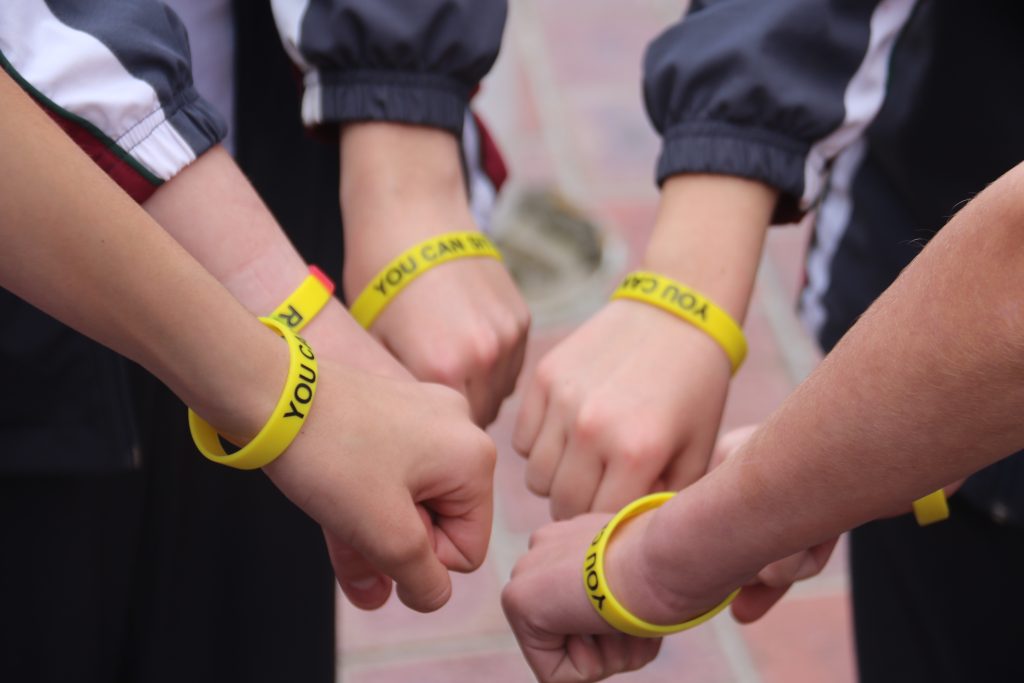Year 7
Digital Citizenship Model
The College supports a Digital Citizenship model for the promotion of safe and responsible use of technology. Whilst we understand our students are digital natives, we believe that students need to be prepared to actively participate in our digital world and a key skill in our digital world will be their ability to participate as effective digital citizens. During Pastoral this week, students were given the chance to discuss the importance of their digital footprint and identity. They explored the opportunities and the challenges presented by technology, and where clear, effective guidance can be sought as they navigate their way.
Cyber Safety requirements at the College require students to complete an e-learning agreement before engaging with digital services at the College. The agreement places a significant emphasis on good and safe digital learning practices for students, families and staff.
During Pastoral we also spoke about having respect for self and others.
This week the four key areas that were addressed aim to build resilience and coping:
- Always focus on personal best
It is important that students recognise their ‘personal best’ and accept their best efforts, change their language of “my mark wasn’t very good….” to, “I have shown improvement….”, present a realistic view of self and appreciation of their own ability, not compare themselves to others, reinforce what is working and see everything as a challenge rather than a threat.
- Practise active listening
For effective communication, it is important to let students have the opportunity to vent and listen to what they are saying. Car rides are a good time for these conversations. It is important to concentrate, understand and respond to what your child is really saying.
- Encourage a team approach to problem solving
Reinforce the ‘I’ messages with students. Ask questions that can pinpoint the reason for each dilemma and highlight the importance of ‘we’ in the sharing solutions to solve the problems.
“How do you feel?”
“Did I hear that right?”
“What is the main problem?”
“What would you like to see happen?”
“What can I do to help?”
- Consider changing your perspective
Ask yourself, “What is working?”, “What are you doing well?” and then adjust your approach accordingly.
You Can Sit With Me Program
It is time to re-elect the ‘You Can Sit With Me’ monitors for Semester 2. The ‘You Can Sit With Me’ program was introduced at Year 7 to emphasise the importance of inclusion and acceptance.
Students are asked to sign a contract if they are willing to be a ‘You Can Sit With Me’ monitor for the week. Homeroom teachers and the Year Level Leader then select two students per Homeroom on a fortnightly basis. We feel it is important that students understand that if they wear a ‘You Can Sit With Me’ wristband it is a commitment.

Students have been asked to think carefully prior to signing a contract. They need to consider the following points before they wear the wristband:
- Am I having a good day today?
- Do I feel strong enough to help others?
- Am I happy for any Year 7 student to sit with me today?
- Am I too busy today to help other people because I have activities on at recess and lunchtime?
Students can hand their wristband in for the day if perhaps they are on an excursion or busy. They can then come and collect it the following day.
Leah Cristiano
Level Leader: Year 7


